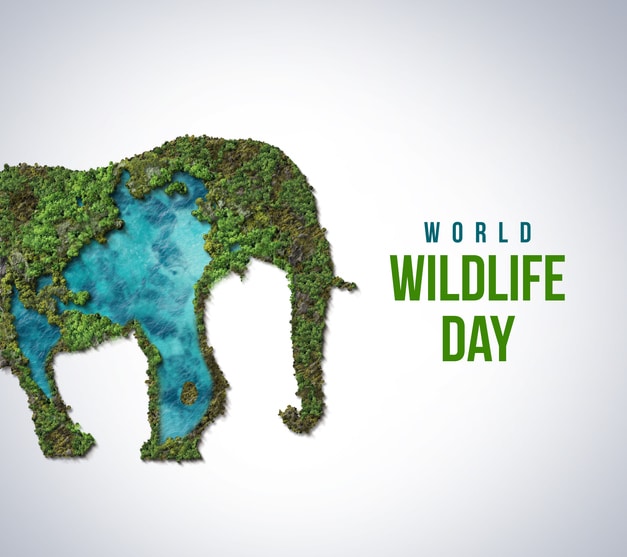In our seemingly tech-obsessed age of constant connectivity warring with our disjointment from the outside world, many tend to focus on the negative side of our increased digital presence, claiming how out-of-touch with nature the new generations have become. However, this March 3rd, World Wildlife Day is celebrating the impact of technological advancements in the world of wildlife conservation by spotlighting digital innovation and modernized conservation methods with their 2024 theme, “Connecting People and Planet: Exploring Digital Innovation in Wildlife Conservation.”
Wildlife whistleblowers play an especially vital role in the conservation of vulnerable and endangered species. As poaching tactics, trafficking networks, and the black-market network become more sophisticated, so have the strategies of whistleblower protection advocates like the National Whistleblower Center (NWC). Under the Endangered Species (16 U.S.C. § 1540(d)), the Fish and Wildlife Improvement Act (16 USC 7421(k)(2)), and the Lacey Act (16 USC 3375(d), among others, whistleblowers can report violations of these laws and receive monetary compensation.
Whistleblowers act as a necessary disruptive force against the organized crime industry surrounding wildlife. In a guest piece for WNN, Sara Walker, Senior Advisor on Wildlife Trafficking at the Association of Zoos and Aquariums, emphasized how they help raise awareness about the trafficking and existing whistleblower protection laws. The information they provide spurs bipartisan congressional action and trailblazing progress that take us that much closer to ending the human endangerment of fauna. National and international communities alike, from Congress’ END Wildlife Trafficking Act to International Union for Conservation of Nature, include provisions that support crime reporting from whistleblowers.
In a piece for the Earth Island Journal, Stephen M. Kohn, founding partner at Kohn, Kohn & Colapinto, illustrated how the best way to tackle the global issue is to listen to the informants within these trafficking groups. Instead of aiming for the key leaders in these organized crime rings, it is the poachers and the mediators who may be the most efficient at illuminating major poaching schemes.
“There is now a growing consensus that incentivizing whistleblowers is a key to enforcing wildlife trafficking laws,” explained Kohn to Earth Island Journal.
World Wildlife Day expands the mission of conservation and the fight against the preying on endangered species to beyond conservationists and whistleblowers. Whistleblower organizations are joining in on this struggle to expand legislation, protection, and maintaining the well-being of any who come forward and speak out. NWC educates whistleblowers on the rights they are entitled to under U.S. law while streamlining the fight against animal trade and trafficking corruption.
In 2019 and again in 2021, Representatives Don Young (R-AK) and John Garamendi (D-CA) introduced the bipartisan Wildlife Conservation and Anti-Trafficking Act (WCATA). The bill, modeled off the Dodd-Frank Act, would institute mandatory awards for qualified wildlife crime whistleblowers.
The WCATA was widely supported by both whistleblower and wildlife advocacy groups. Despite bipartisan support, it stalled in Congress. Whistleblower advocates are currently calling on Congress to reintroduce and pass the WCATA or another modern whistleblower award law for wildlife whistleblowers.
As part of its efforts in this manner, NWC has launched a wildlife whistleblower pledge campaign to help build support for wildlife whistleblowers.
